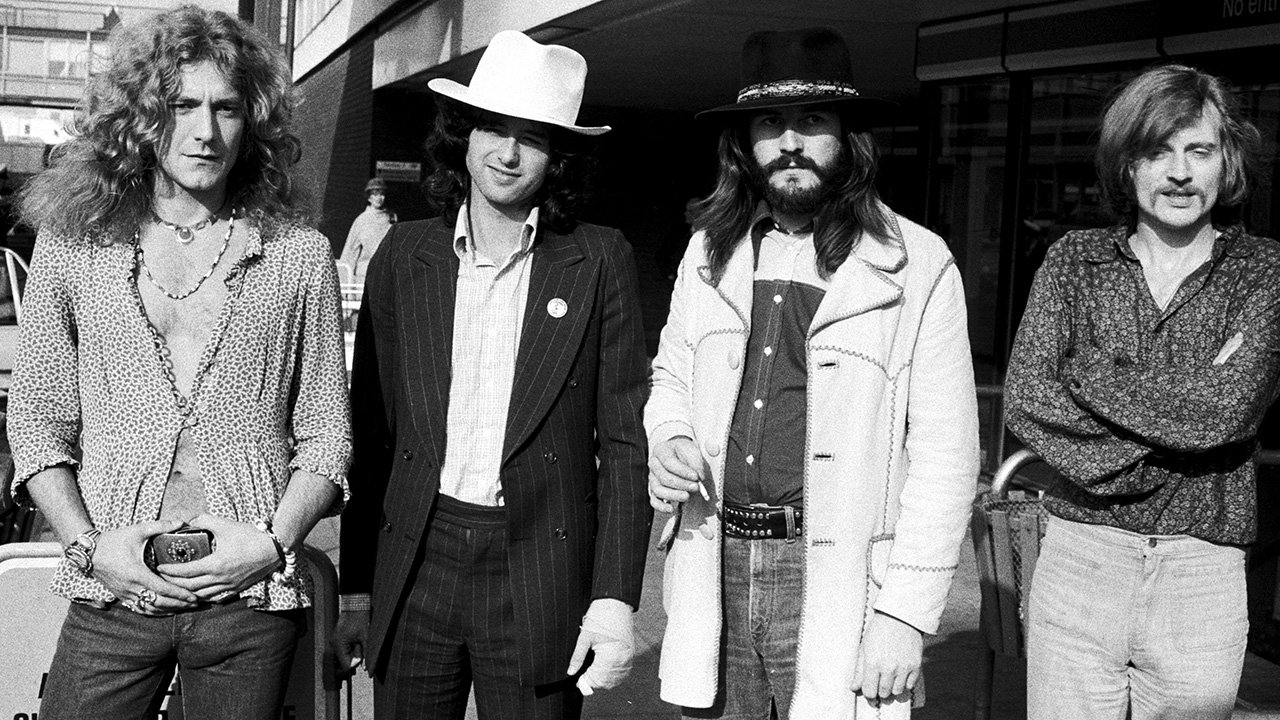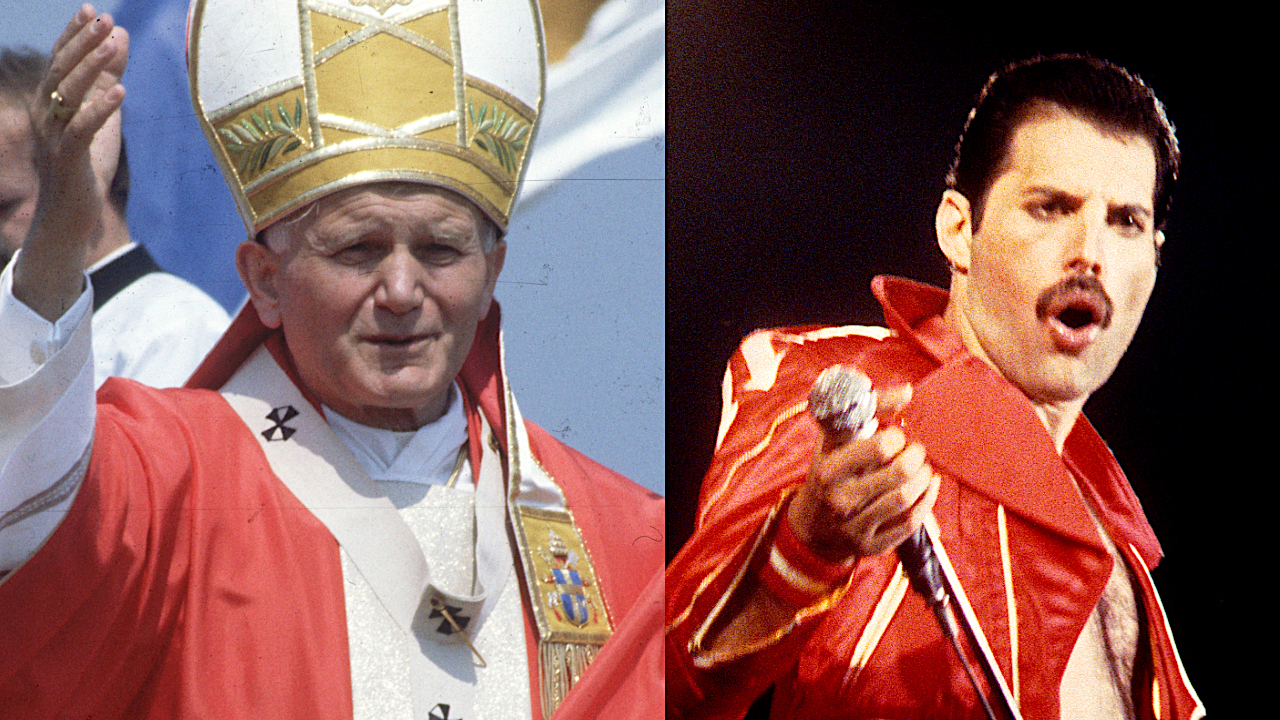Led Zeppelin’s Stairway To Heaven case returns to court
An 11-judge appeal panel gathers in San Francisco to determine whether a new trial surrounding the copyright battle over Stairway To Heaven should go ahead

The latest round in the Stairway To Heaven legal battle has begun in San Francisco.
A group of 11 judges gathered at the 9th US Circuit Court Of Appeals in the city yesterday to determine whether a new trial involving the Led Zeppelin classic would be needed.
The band were originally accused of copying Spirit track Taurus, which was released three years before 1971’s Stairway To Heaven. The case centred on the descending chord sequence at the beginning of the Led Zep song.
At the original 2016 trial, brought by the estate of the late Randy Wolfe of Spirit – better known as Randy California – the jury found that Led Zeppelin did not plagiarise Taurus, ruling that it was not “intrinsically similar.” Jimmy Page and Robert Plant were cleared of the charge of plagiarism.
However, in September 2018, a three-judge panel at the 9th Circuit Court Of Appeals found that the jury at the original trial were improperly instructed on a number of issues, resulting in the possibility of a second trial.
Lawyers representing Led Zeppelin lodged an appeal asking for a larger group of judges to rehear the case – and that request was granted, resulting in the new hearing which will determine whether a new trial should proceed.
The San Diego Union-Tribune report that yesterday’s proceedings were spent mostly on grilling the plaintiffs’ attorney Francis Malofiy, who argued that the copyrighted compositions of Taurus and Stairway To Heaven should include the actual audio of the song, not just the way it was written down.
Sign up below to get the latest from Classic Rock, plus exclusive special offers, direct to your inbox!
The judge at the original trial ruled that at the time Spirit was recorded in 1967, it fell under an older law which only provided protection for the sheet music.
Malofiy said yesterday that the sheet music was a poor transcription and that the recorded version of Taurus was more similar to Stairway To Heaven.
Malofiy was asked by Judge Andrew D. Hurwitz: “What work in your view is entitled to copyright protection? It should be simple.”
He replied: “I don’t think it’s the sound recording that’s copyrighted, I think it’s the composition embodied in the sound recording.”
Judge M. Margaret McKeown then asked: “You want to take the sound recording and essentially reverse engineer what would be the sheet music for the sound recording?”
Malofiy answered: “I think you could look at it that way, yes.”
In August this year, the US Justice Department submitted “friend of court” papers which said that the trial judge in 2016 was correct in his final decision.
More than 100 artists also pledged their support for Led Zeppelin earlier this year, saying that ruling in favour of the plaintiffs would harm the creativity of “the music industry in general” and would cause “excessive and unwarranted litigation” in the future.
This was a point that Malofiy dismissed.
There has been no indication when the court will issue their ruling on whether a new trial should proceed.

Scott has spent 36 years in newspapers, magazines and online as an editor, production editor, sub-editor, designer, writer and reviewer. Scott joined our news desk in 2014 before moving into e-commerce in 2020. Scott maintains Louder’s buyer’s guides, highlights deals, and reviews headphones, speakers, earplugs and more. Over the last 11 years, Scott has written more than 11,000 articles across Louder, Classic Rock, Metal Hammer and Prog. He's previously written for publications including IGN, Sunday Mirror, Daily Record and The Herald, covering everything from news and features, to tech reviews, video games, travel and whisky. Scott's favourite bands are Fields Of The Nephilim, The Cure, New Model Army, All About Eve, The Mission, Cocteau Twins, Drab Majesty, Marillion and Rush.
